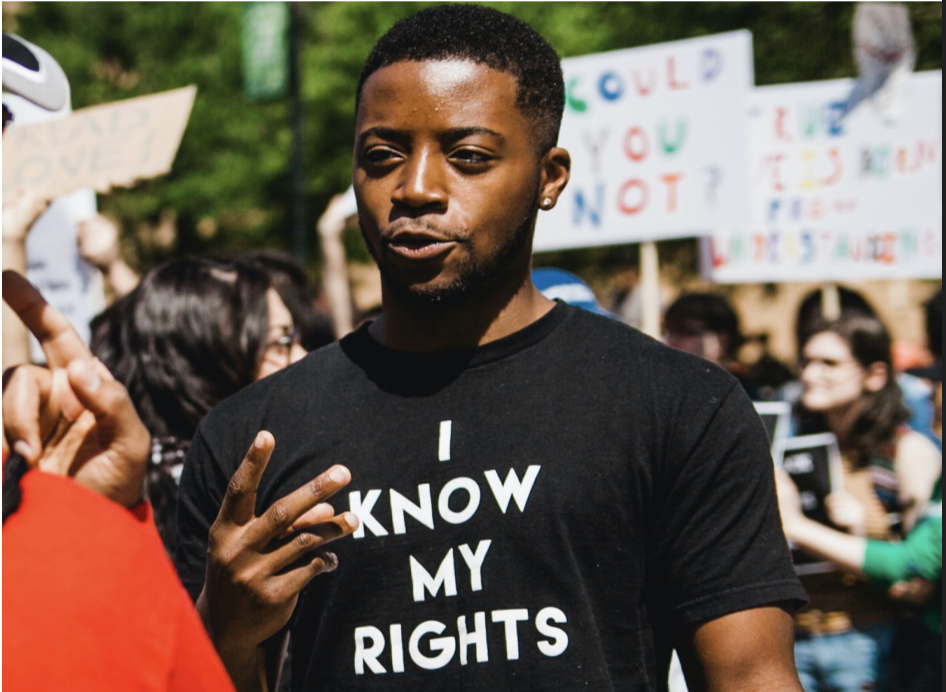By Andrew Wilkes, Senior Director of Policy and Advocacy
Today, we’re excited to join our colleagues at iCivics to announce the release of our Equity in Civics Education White Paper, a practitioner-oriented resource designed for educators, district leaders, students, parents, civic education providers, and policymakers.
The paper contains insights and recommendations that we hope frames the conversation of civics education for years to come. Simply put, civics education must center equity at its very foundation, a shift away from a discipline that has all too often focused on a traditional and non-relevant approach when engaging students. As we look to the vital, long-term, and challenging work of rebuilding our democracy, an equity-centric approach to civics education must be at the forefront.
These insights are the result of a two-year field-building initiative, including a seven-city listening tour conducted across urban and rural districts in regions as diverse as the nation itself: Harvest, AL; Salinas, CA, Boston MA, Chicago, IL, Austin, TX, Waco, TX, and Albuquerque, NM.
We learned that educators, parents, and students want more civics education earlier. They want it to be more equitable and experiential. They want it to be more relevant. They want the community and parents more involved. And they want more district and state support for it.
The Equity in Civics Education paper includes specific actions we can take right now to bring more equity into civics education:
- Center student voices. Equitable civics is inclusive, representative, and relevant; it promotes diverse voices and draws on students’ lived experiences and perspectives in order to engage them in understanding social issues, the power dynamics that cause them, and the power that young people have to bring change.
- Engage parents more. Adult collaboration and support is a key component to supporting and sustaining equitable civic education.
- Fund civics with policy commitments. Everyone we spoke to was concerned about the lack of funding for more equitable civic education. We need to counter that concern with policy commitments to more equitable civics on the state, district, and school levels.
As the country strives towards becoming a multiracial democracy – a process bigger than any one election cycle – we hope this paper constitutes one step towards America redressing its civic debt, an obligation to ensure universal access to comprehensive, relevant, truthful, hands-on democracy education for all students. We invite you to join us in this work by sharing this resource with your networks, using it in your classrooms, and drawing on it to help shape civics policy in your districts and states.
Special thanks to Generation Citizen board members and staff who worked closely on the development of this white paper: Dr. Jane Lo served as the editorial scholar for the entire report; Dr. Kei Kawashima-Ginsberg, and Megan Brandon, played a crucial role in playing the listening tour sections, the heart of the resource, into publication-ready shape. Hewlett Foundation’s generous support undergirded our Equity in Civics field-building initiative, which we have co-led with iCivics, and which gave rise to our white paper.
[/et_pb_text][/et_pb_column][/et_pb_row][/et_pb_section]